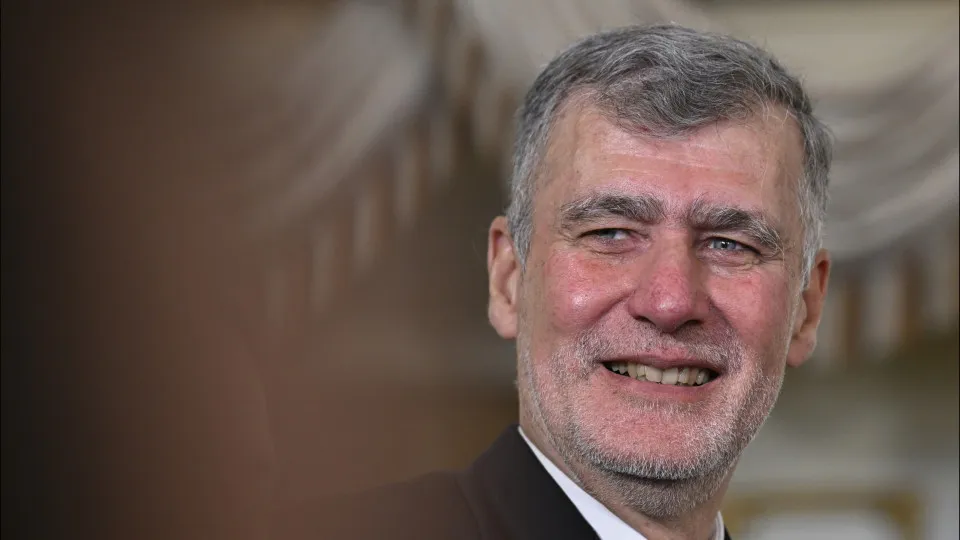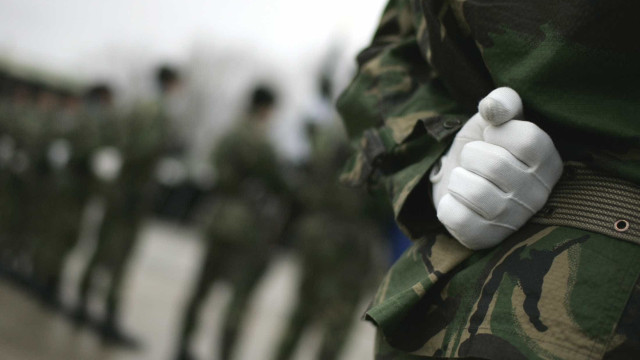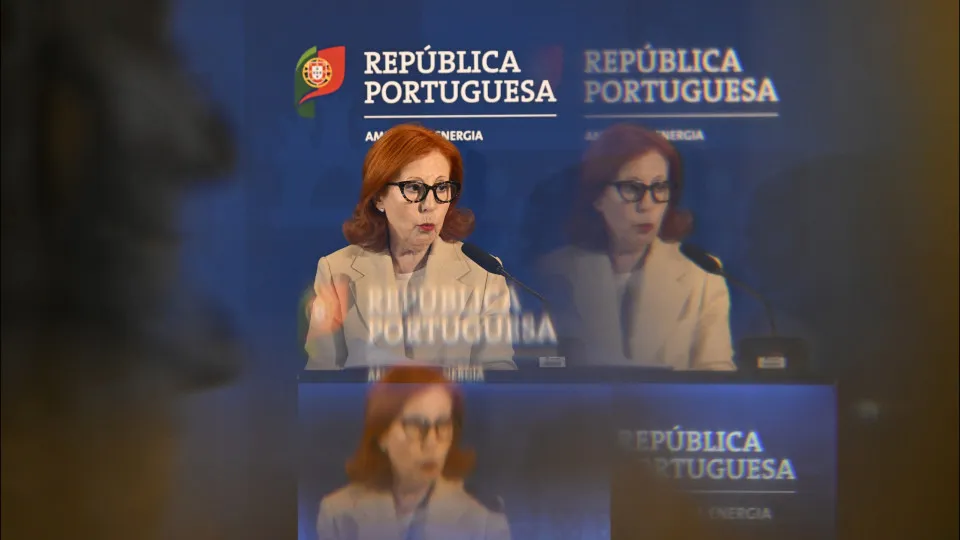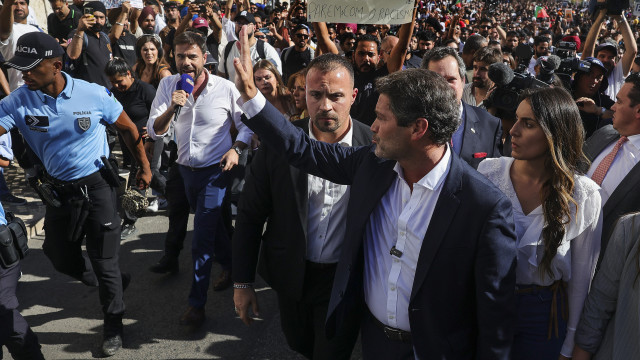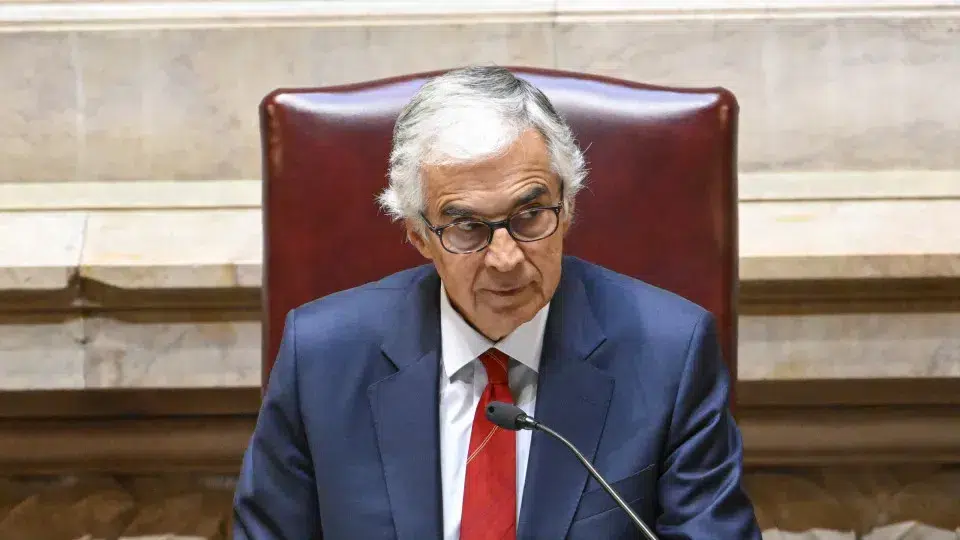
The position appears in a statement signed by José Pedro Aguiar-Branco, released following Chega’s presentation of an amended text related to their initial request.
The revised text by Chega aimed to address previous constitutional and legal concerns raised by the President of the Assembly, particularly regarding the initial intent to include private entities in the investigation and to extend the scope to past legislatures.
“Although the revised text does not explicitly and systematically contain all the formal elements required for a full justification of retrospective examination, a reasonable and functional interpretation of the text allows for the acceptance of the initiative. This acceptance is contingent upon a concrete verification, during the committee’s work, of the compliance of the actions under investigation with the exceptional criteria outlined in Article 8 of the Parliamentary Inquiry Legal Framework,” states the document.
The article stipulates that “parliamentary inquiries can only address actions of the government or administration from previous legislatures if they relate to matters still under consideration, new facts, or facts of subsequent knowledge.”
In his statement, José Pedro Aguiar-Branco notes that, according to the law, “parliamentary inquiries can only focus on actions of previous governments when one of the following conditions is met: the facts are still under consideration; new facts have emerged; or they have been newly discovered.”
He further highlights that “this provision aims to safeguard the integrity of the Assembly’s oversight function, preventing the parliamentary inquiry from being used arbitrarily to revisit past decisions of previous administrations, except when those decisions have current relevance or reveal aspects that were only later discovered.”
“This is a temporal limitation with a non-absolute nature, conditioned by the verification of material prerequisites that justify parliamentary intervention on past matters,” the President of the Assembly elaborates.
Regarding the revised text presented by Chega, Aguiar-Branco observes that “it explicitly covers the period between 2017 and 2025, thereby encompassing actions from the XXI to the XXV Constitutional Government, only the latter corresponding to the current legislature.”
“While it does not explicitly and systematically identify the existence of new or supervening facts, nor matters still under consideration, it unequivocally indicates the intention to focus the investigation on the current and ongoing effects of decisions made in previous legislatures. This orientation can, in certain cases, allow overcoming the temporal limitation specified in Article 8, provided the committee justifies adequately the current relevance or continuity of the effects of the actions in question,” he warns.
According to José Pedro Aguiar-Branco, “it is essential that, during the proceedings, the inquiry committee substantiates, concretely and objectively, the persistence of the grounds that allow the investigation of acts prior to the current legislature, in light of the legally admitted exceptions, under penalty of non-compliance with the Parliamentary Inquiry Legal Framework.”
The President of the Assembly emphasizes, “it is not enough to claim that the effects of the actions under review continue to be felt present.”
“It is imperative to demonstrate, based on factual elements, the compliance of the actions under investigation with the exceptional criteria provided in the Parliamentary Inquiry Legal Framework, which conditions the investigation of actions of previous governments to the current legislature to the following circumstances: the facts are still under consideration, are new, or have been subject to subsequent discovery,” is concluded in the statement from the President of the Parliament.

